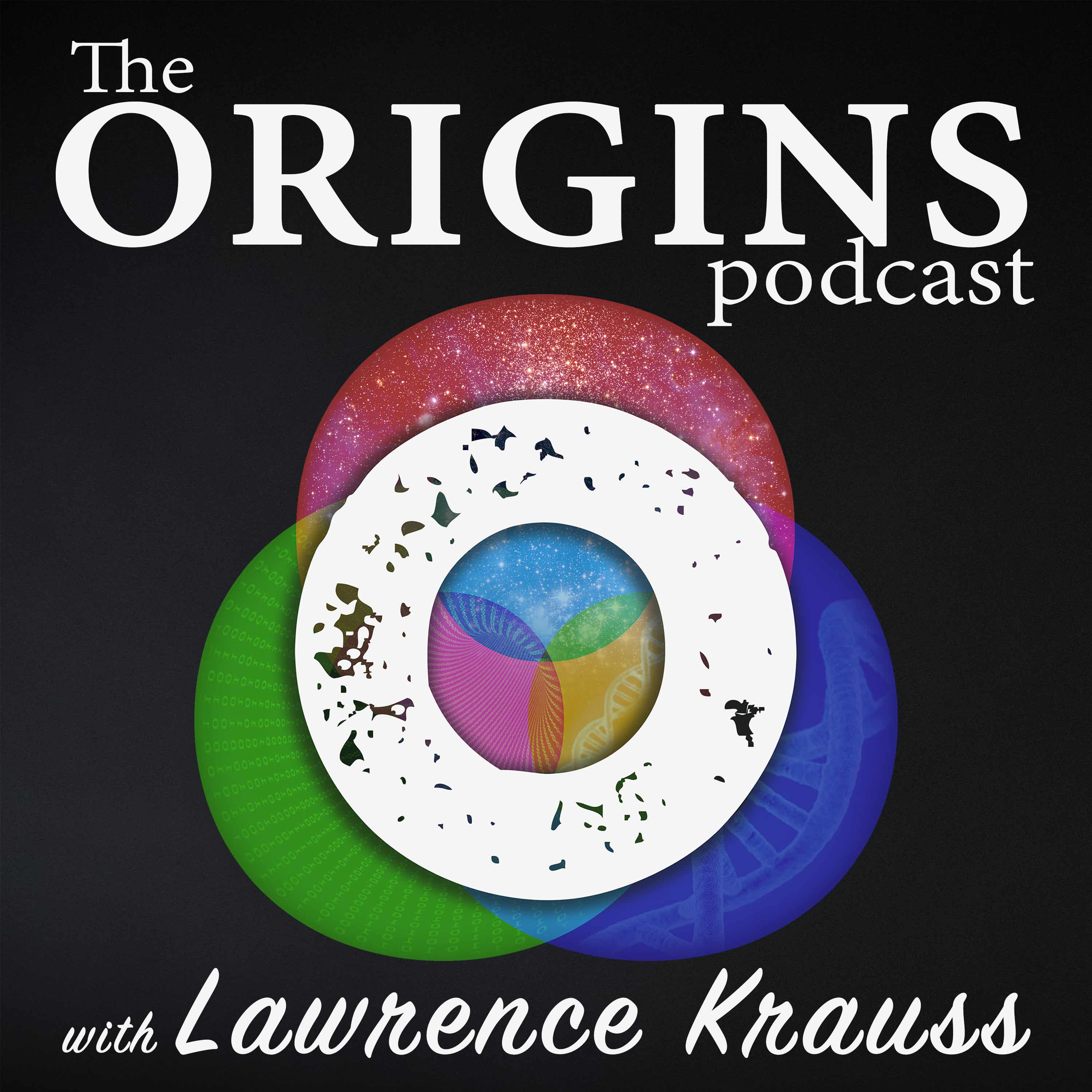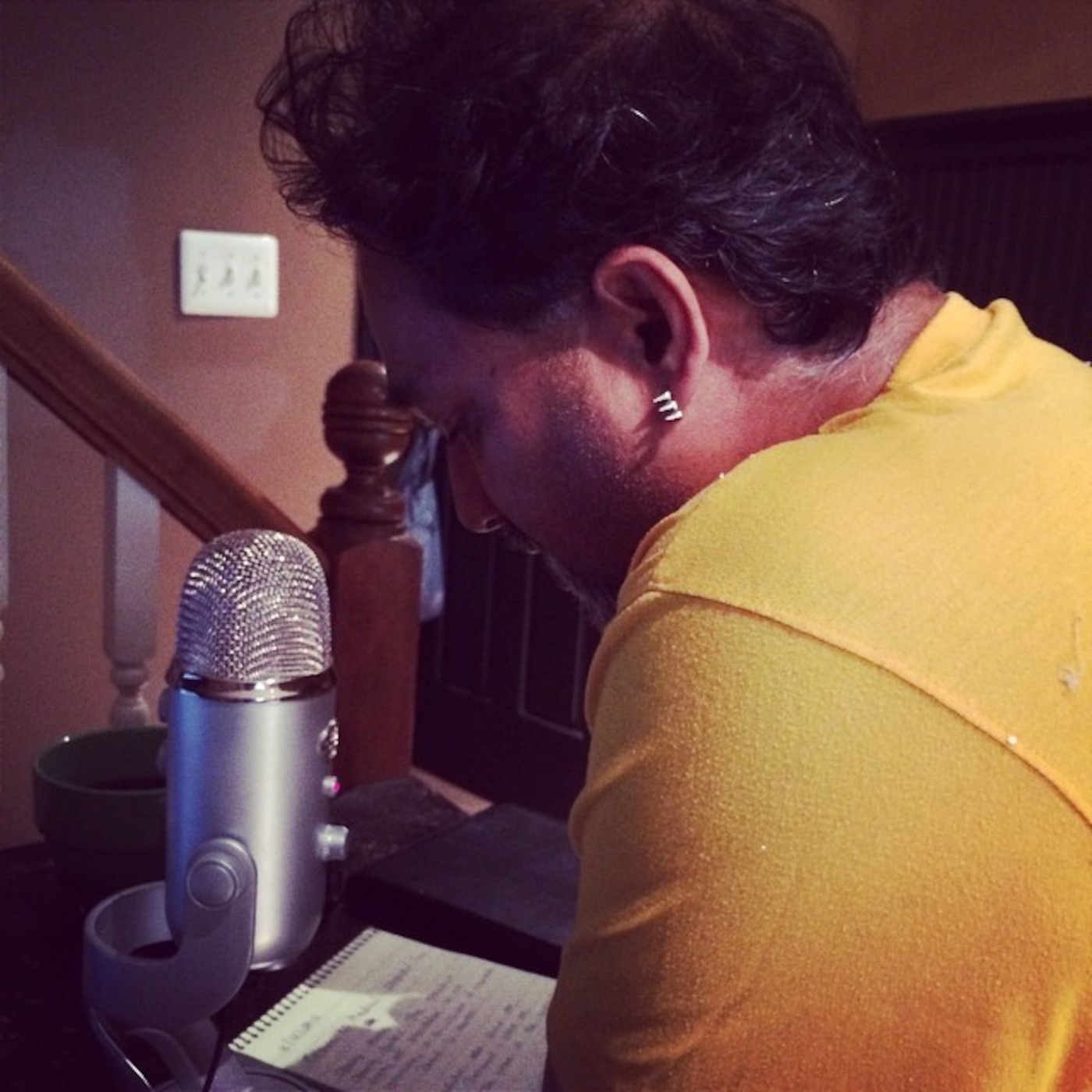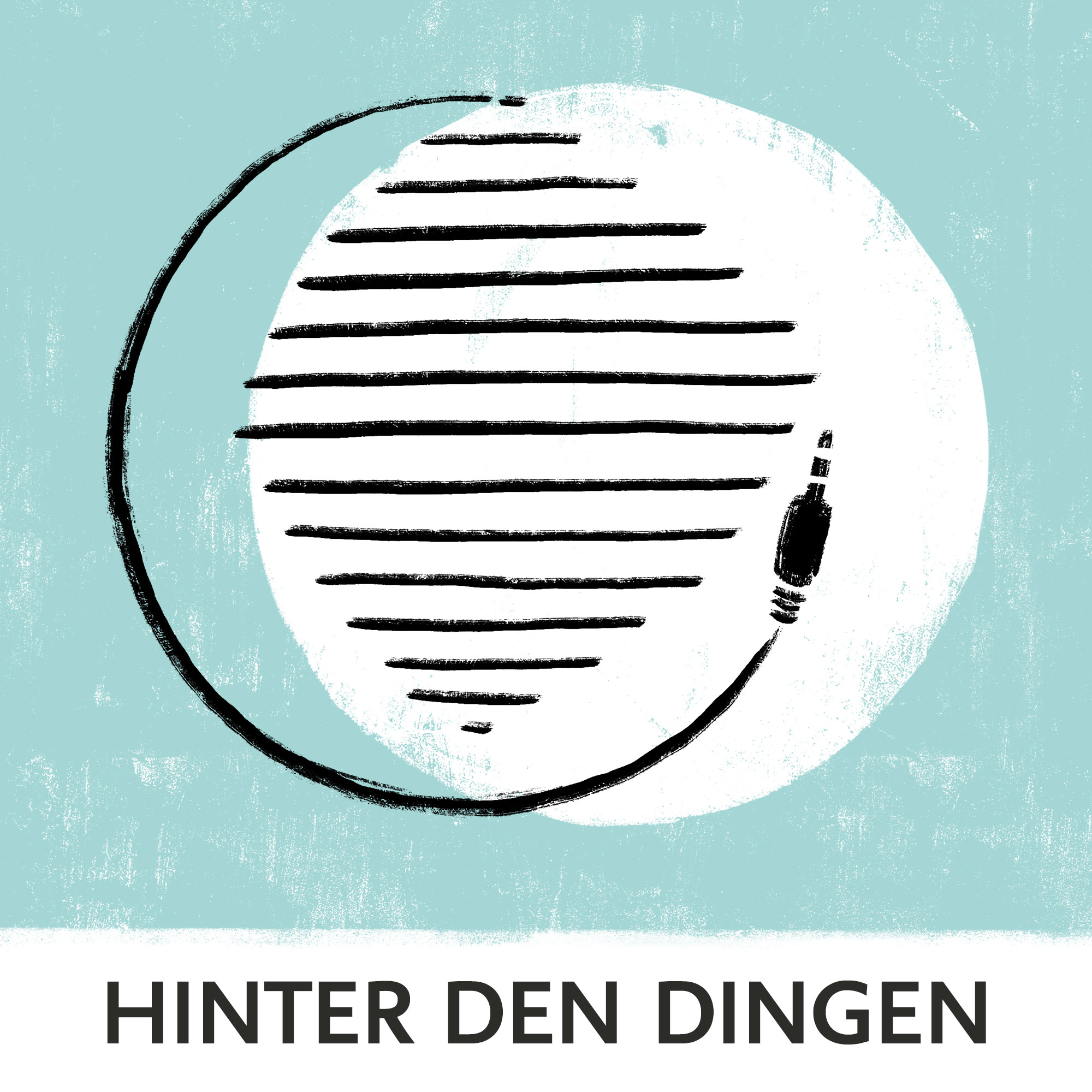 |
The Origins Podcast with Lawrence KraussScience, Culture, Reason, Public Policy, & Fascinating Ideas Author: Lawrence M. Krauss
The Origins Podcast features in-depth conversations with some of the most interesting people in the world about the issues that impact all of us in the 21st century. Host, theoretical physicist, lecturer, and author, Lawrence M. Krauss, will be joined by guests from a wide range of fields, including science, the arts, and journalism. The topics discussed on The Origins Podcast reflect the full range of the human experience - exploring science and culture in a way that seeks to entertain, educate, and inspire. lawrencekrauss.substack.com lawrencekrauss.substack.com Language: en Genres: Natural Sciences, Physics, Science Contact email: Get it Feed URL: Get it iTunes ID: Get it |
Listen Now...
Nicholas Christakis: From Social Networks to AI, Special Thanksgiving Podcast
Thursday, 28 November, 2024
Nicholas Christakis is a Renaissance Man, with whom I have wanted to have a conversation for some time. There was so much to talk about with him, and each item was so fascinating, that we barely scratched the surface, even in the lengthy discussion we had. This is a great Thanksgiving Day listen.. instead of football games! One can get a sense of the breadth of his activities by considering his positions at Yale University. He is Sterling Professor (the highest endowed chair at Yale) of Social and Natural History, as well as Director of the Yale Institute for Network Science, and Professor in the Departments of Statistics, Biomedical Engineering, Medicine, Ecology and Evolutionary Biology, and in the School of Management! Nicholas’ personal history is almost as fascinating as his academic accomplishments. Born in New Haven to parents who were graduate students at Yale (his father was a student of the notorious Gregory Breit, about whom I heard many stories when years later I became a Professor in that same department, and his mother was a graduate student of Nobel Laureate Lars Onsager), he moved back to Greece when his father had to return for military service, so Nicholas’s first language was Greek. His parents moved back to the US several years later, and Nicholas grew up in the US, returning to Yale University to study biology. All throughout his childhood he grew up under the shadow of his mother’s fatal illness, and he and his brothers all became doctor’s in response. But while in medical school, the bug for scientific research caused him to pursue both a Masters degree in Public Health and eventually a PhD in Sociology. Moving to the University of Chicago, Nicholas focused on caring for dying patients, and exploring how their partnerships affected their health as well as that of their partners. This began an eventual transition to studying not pairs of individuals, but networks of human beings. His laboratory has done groundbreaking experimental work studying how networks of humans operate and how one might improve their functioning. To understand human networks he has also studied networks of animals including our nearest cousins, Primates. The results of his investigations informed his most recent remarkable book, Blueprint, focused on the notion that evolution has endowed us to create and function in ‘good’ societies. We spent time discussing all aspects of this work, from the impacts of evolutionary biology on both human and primate societies, artificial communities, and the strange mating rituals of both other animals, and humans, all of which are more diverse than one might otherwise imagine. The exceptions however, prove the rule that a ‘social suite’ of characteristics, including cooperation, love and partnership, leadership and other factors, can produce a successful society. Along the way we discussed topics that appear intuitively surprising, such as culture within animal groups, and how behavior can ultimate affect genetics, something that sounds Lamarckian , but is instead a wonderful example of natural selection. We discussed the philosophical question of the nature of ‘good’, and whether one can indeed get ‘ought’ from ‘is’, as David Hume famously questioned, and ended with a discussion of how AI will affect human societies. It was truly a fascinating privilege to have this discussion, and whetted my appetite for further conversations with this lovely and remarkable man. As always, an ad-free video version of this podcast is also available to paid Critical Mass subscribers. Your subscriptions support the non-profit Origins Project Foundation, which produces the podcast. The audio version is available free on the Critical Mass site and on all podcast sites, and the video version will also be available on the Origins Project YouTube. Get full access to Critical Mass at lawrencekrauss.substack.com/subscribe







